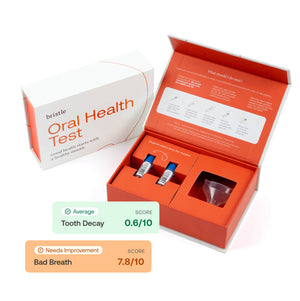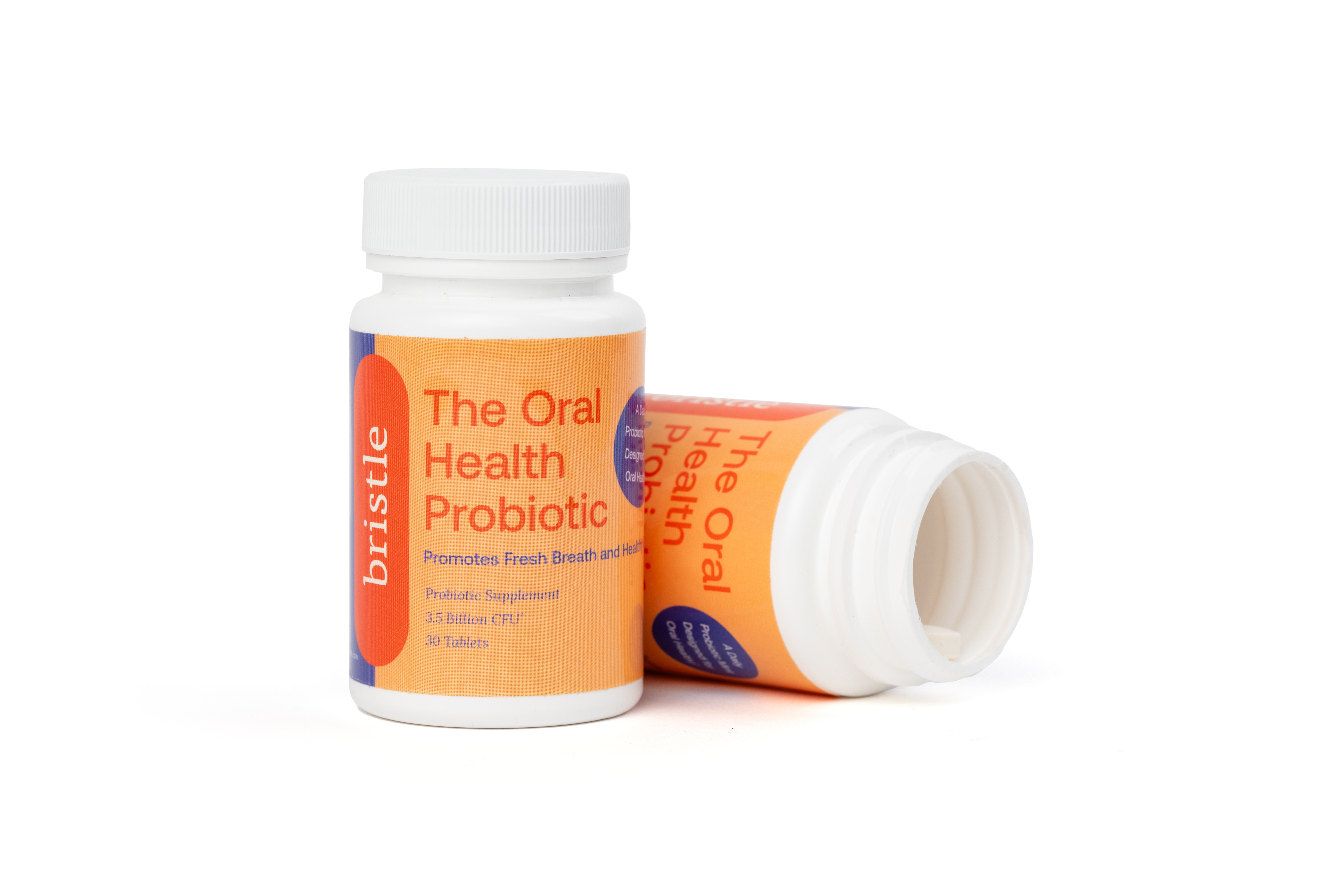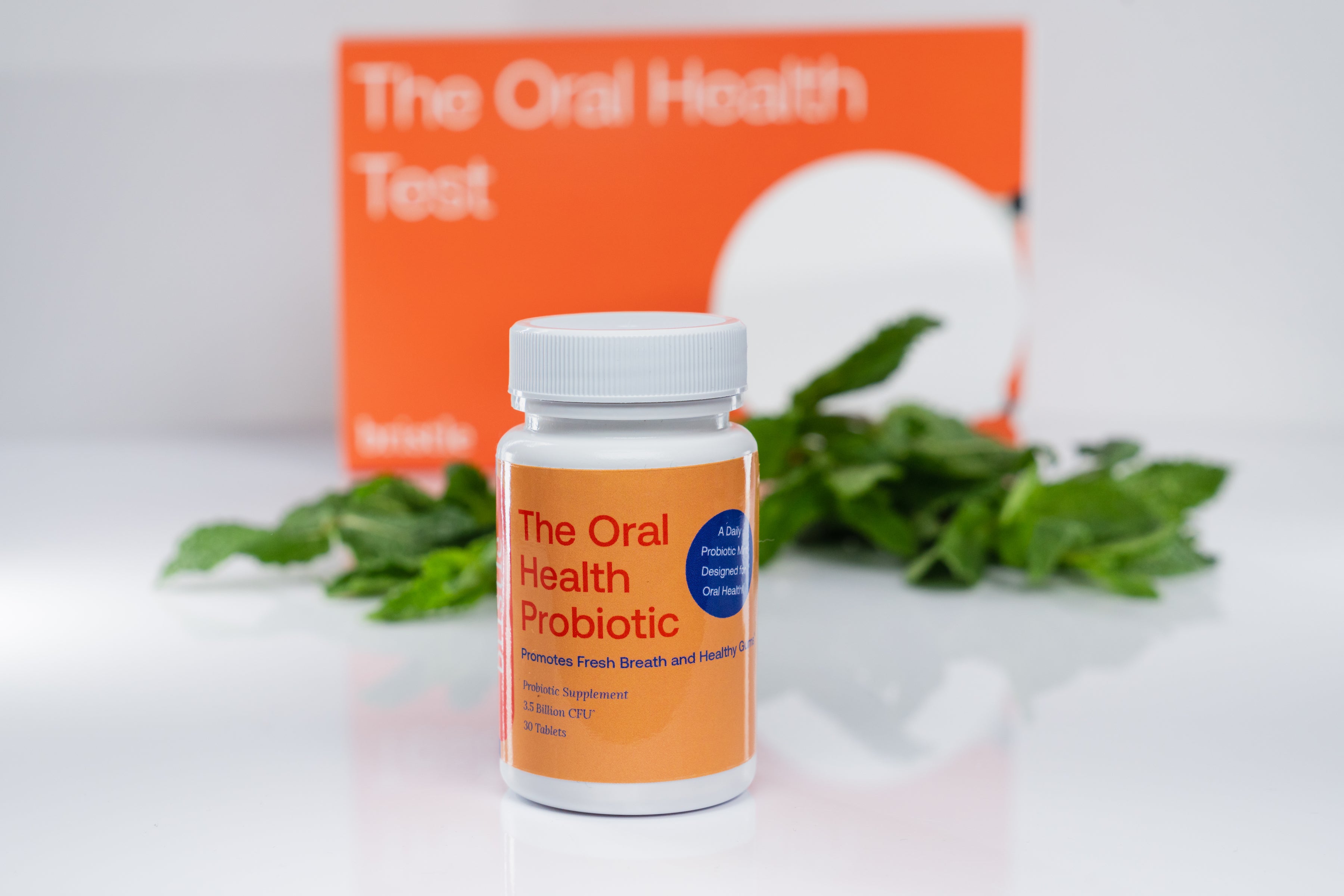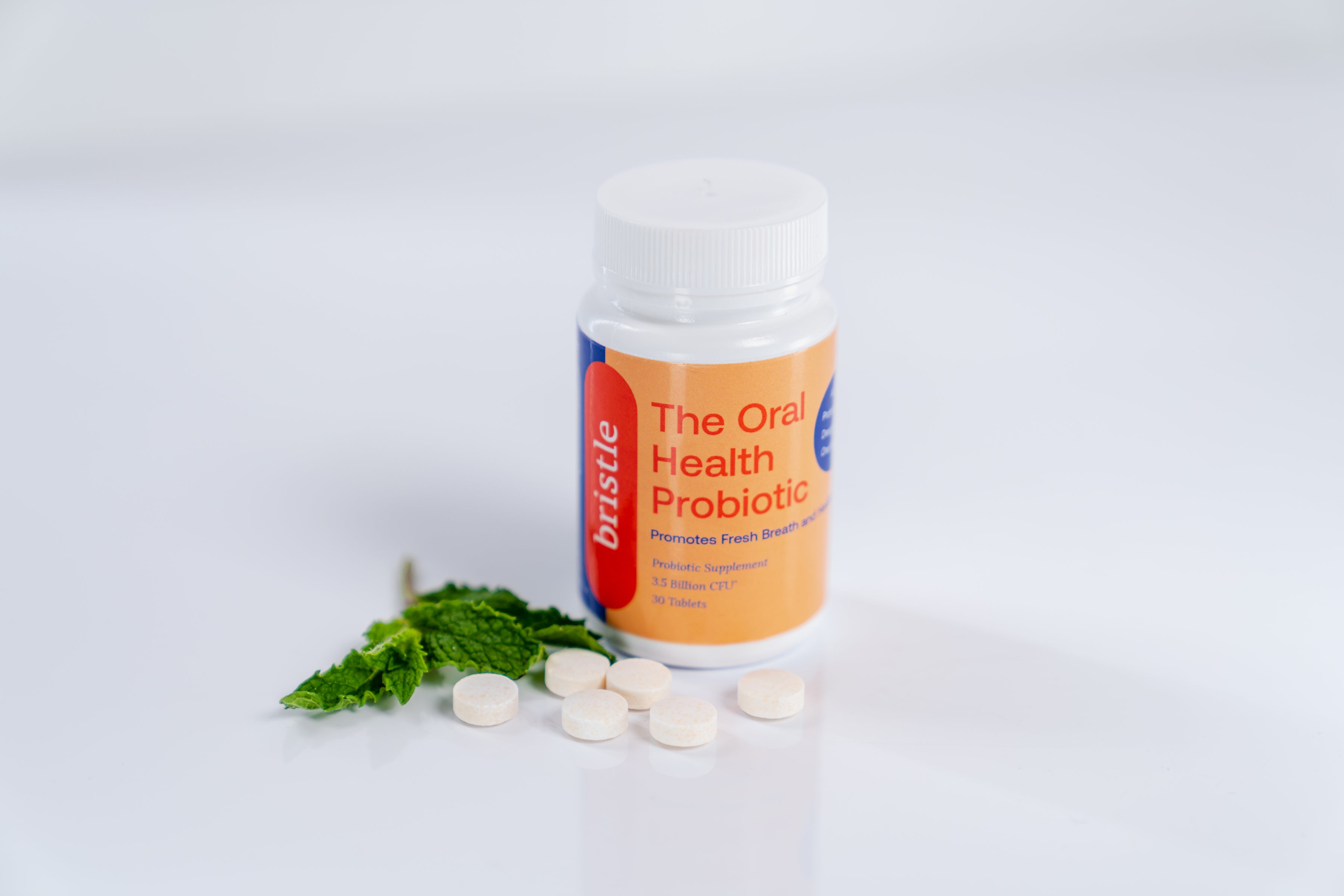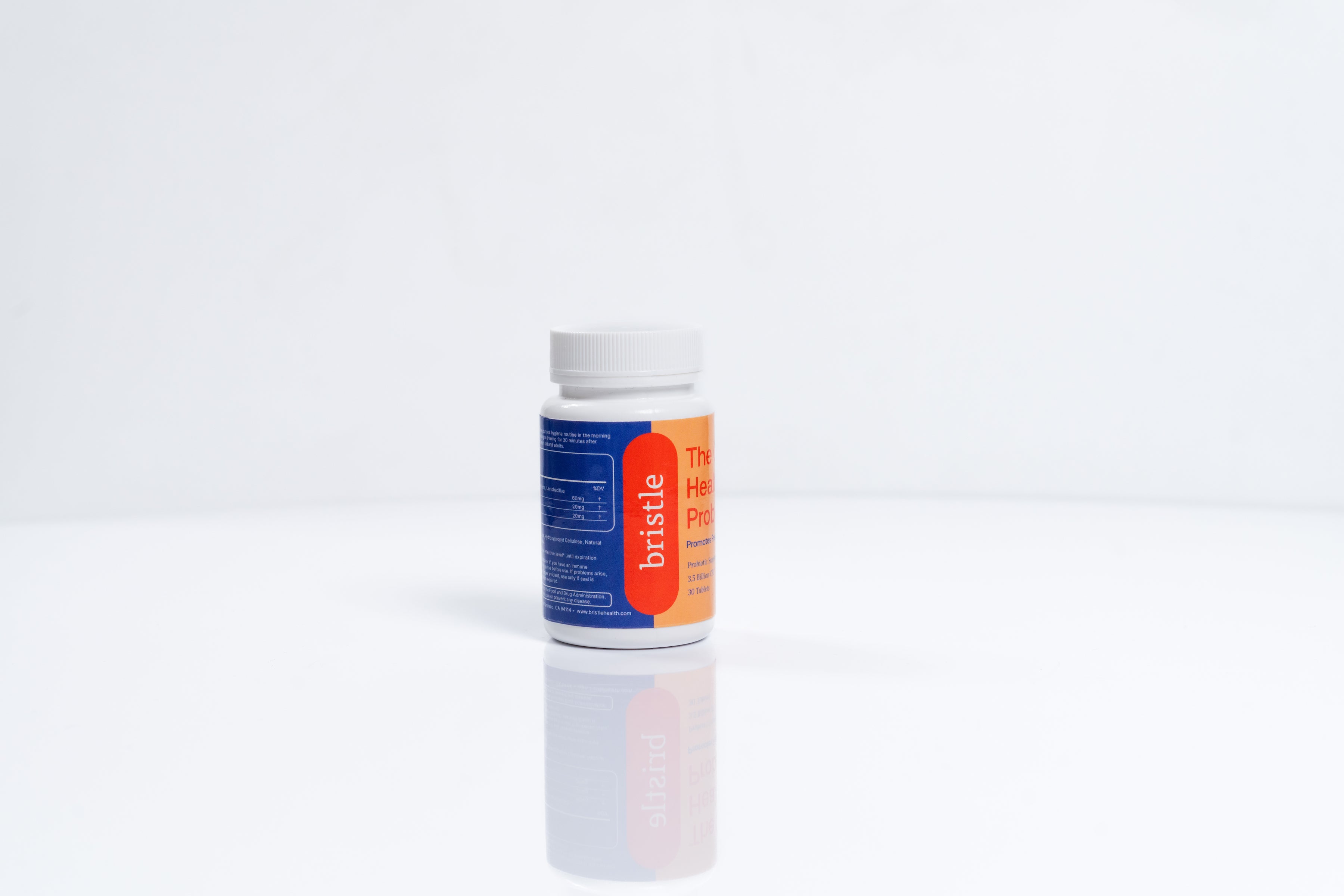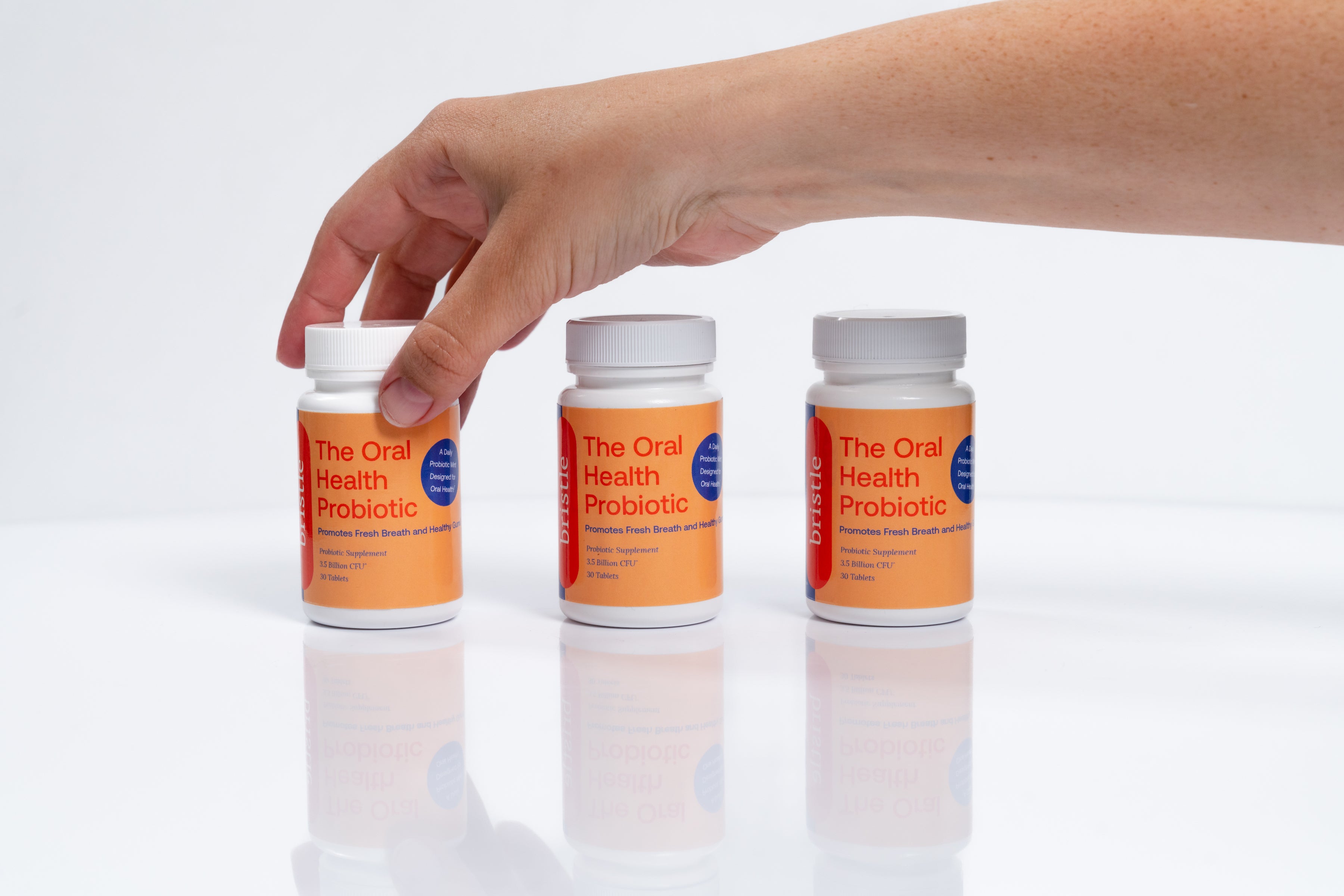The most common cause of vaginal discharge in women is bacterial vaginosis (BV). It can cause unpleasant symptoms and raises the risk of contracting more serious sexually transmitted infections. In this article we discuss BV, the vaginal microbiome, and current research about how oral sex and the oral microbiome can impact risk of BV.
The vaginal microbiome
The vagina harbors a community of microbes known as the vaginal microbiome. These microbes are important for maintaining homeostasis in the vagina, and protecting the body from harmful microbes that can cause vaginal infections, such as yeast infections, or urinary tract infections.
Bacterial vaginosis (BV) is caused by an imbalance in these microbes, allowing anaerobic bacteria to grow while the normal community of aerobic Lactobacilli are replaced, and reduced in abundance. This imbalance is known as vaginal dysbiosis or vaginal microbiome dysbiosis. The balance of bacteria in the vagina is important for maintaining sexual health.
The oral microbiome
The oral cavity also harbors a community of microbes known as the oral microbiome. Similar to the vaginal microbiome, the microbes in the mouth of healthy people are in a state of balance, maintaining your health through improving your immunity, and preventing infections. However, these microbes can become imbalanced, which leads to oral microbiome dysbiosis, and disease. Beneficial bacteria in the mouth help to keep the bad ones from growing, keeping your mouth healthy.
Microbes in the oral microbiome have been associated with numerous oral and systemic conditions, such as gum disease, cavities, cardiovascular disease, Alzheimer’s disease, cancer, and bacterial vaginosis. More specifically, oral microbiome dysbiosis can lead to a build up of anaerobic bacteria that can trigger inflammatory diseases.
Oral bacteria and bacterial vaginosis
One species that is a major cause of BV is Gardnerella vaginalis. However, BV is a polymicrobial infection, meaning multiple species usually act together to cause BV rather just a single bacterial species.
Research shows that Fusobacterium nucleatum, a bacteria normally found in the mouth and part of the oral microbiome, can dramatically increase risk of bacterial vaginosis if introduced to the vaginal microbiome. F. nucleatum does this by altering the vaginal environment, and making it more suitable for G. vaginalis to grow and cause BV. The researchers conclude that oral sex may result in bacterial vaginosis if high levels of F. nucleatum are introduced via oral sex.
Several other studies have also showed that Prevotella species can cause vaginal dysbiosis through changes in immune responses in the vagina. Prevotella are commonly found in the oral microbiome.
Studies have also found an association between periodontal disease, a severe form of gum disease, and BV. Prevotella intermedia and F. nucleatum are both associated with BV when found in the vaginal microbiome. These two species are also prominent harmful bacteria that can cause gum disease. Several studies have now found an association between gum disease and bacterial vaginosis (1,2,3), however it is not entirely clear how oral bacteria end up at the vagina. Studies have shown that oral bacteria have been found in colon cancer tumors, arthritic joints, and atherosclerotic plaque, suggesting the possibility for oral bacteria to move throughout the body via the gut or bloodstream.
So can you get BV from oral sex?
In short, it’s plausible but has not been demonstrably proven. The bacteria that cause BV can be the same as the ones that also cause oral disease, or live in the oral cavity. Additionally, receiving oral sex increases your risk of BV.
More research should be done to evaluate the link between the oral microbiome, BV, and oral sex.
Other risk factors for BV
Signs and symptoms of BV
Between 50 to 75 percent of women with BV have no symptoms. Those experiencing symptoms frequently report an unpleasant, "fishy smelling" vaginal discharge that is more noticeable after sexual intercourse, as well as during and immediately following menstruation. Off-white and thin vaginal discharge may also be present.
Itching occurs in some patients. Pain during urination or sex, as well as redness and swelling, are unusual.
Often, these symptoms are similar to a yeast infection, but vaginal microbiome testing may reveal the difference between BV and a yeast infection.
BV complications
Although BV is not harmful in and of itself, it has been linked to a number of health issues.
Pregnant women with BV are more likely to have a premature birth.
Pregnant women with BV are more likely to have a preterm birth of a baby with low birth weight.
Untreated BV in a woman undergoing hysterectomy or abortion can result in surgical site infection.
BV increases the likelihood of becoming infected with and spreading sexually transmitted diseases, such as HIV, genital herpes, gonorrhea, or chlamydia.

